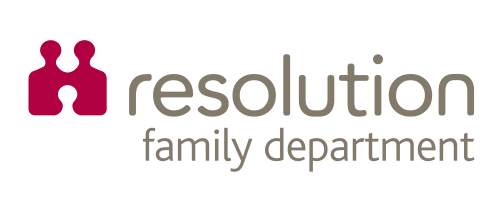The landscape of real estate transactions in the United Kingdom has undergone a significant transformation in the aftermath of the COVID-19 pandemic.
As the nation adapts to a new normal, the conveyancing process, crucial to property transactions, has witnessed changes to meet the evolving needs and challenges of the post-pandemic era. Additionally, shared ownership schemes have gained prominence as a viable option for those seeking affordable homeownership opportunities.
This article explores the key developments in post-COVID conveyancing and the evolution of shared ownership schemes in the UK.
Post-COVID Conveyancing Changes:
The COVID-19 pandemic prompted a rapid shift towards digitalisation across various industries, and the real estate sector was no exception. Conveyancing, traditionally a paper-intensive process, has embraced technology to streamline transactions and ensure a more efficient and secure experience for all parties involved.
Digital Signatures and Remote ID Verification:
In response to social distancing measures, digital signatures have gained acceptance in the conveyancing process. This allows parties to sign documents electronically, reducing the need for physical presence. Remote ID verification procedures have become commonplace, allowing individuals to confirm their identity without the need for face-to-face interactions. This has not only expedited the conveyancing process but also enhanced security measures.
Online Property Searches:
The reliance on online platforms for property searches has increased, providing stakeholders with access to information about a property's history, planning permissions, and environmental considerations. The digitisation of these searches has accelerated the due diligence process, enabling faster decision-making in property transactions.
Shared Ownership Schemes in the UK:
Shared ownership schemes have gained traction as an effective means of making homeownership more accessible, especially for first-time buyers facing affordability challenges. These schemes involve purchasing a share of a property and paying rent on the remaining share, often held by a housing association.
Government Support and Funding:
The UK government has actively supported shared ownership schemes by allocating funding and introducing initiatives to promote affordable homeownership. This includes the provision of Help to Buy schemes and other financial incentives for shared ownership buyers.
Expanding Eligibility Criteria:
Efforts have been made to broaden the eligibility criteria for shared ownership, making it available to a more diverse range of individuals and families. This inclusivity aims to address the varying needs and circumstances of aspiring homeowners.
Staircasing Options:
Shared ownership participants have the flexibility to increase their ownership stake over time through a process known as "staircasing." This allows individuals to gradually buy additional shares in their property, ultimately achieving full ownership.
The post-COVID era has ushered in a new era for conveyancing in the UK, marked by technological advancements and a heightened emphasis on efficiency and convenience. Simultaneously, shared ownership schemes have emerged as a viable pathway to homeownership for those who may have otherwise found it challenging to enter the property market. As these trends continue to evolve, it is crucial for stakeholders in the real estate industry to stay informed and adapt to the changing landscape, ensuring a resilient and accessible housing market for all.
Bennett Oakley Solicitors have a wealth of experience in dealing with shared ownership transactions and can offer you practical advice and guide you through what can be a complex process.
For more information regarding Shared Ownership, eligibility, and legal advice, please visit: https://www.bennettoakley.co.uk/individuals/shared-ownership



